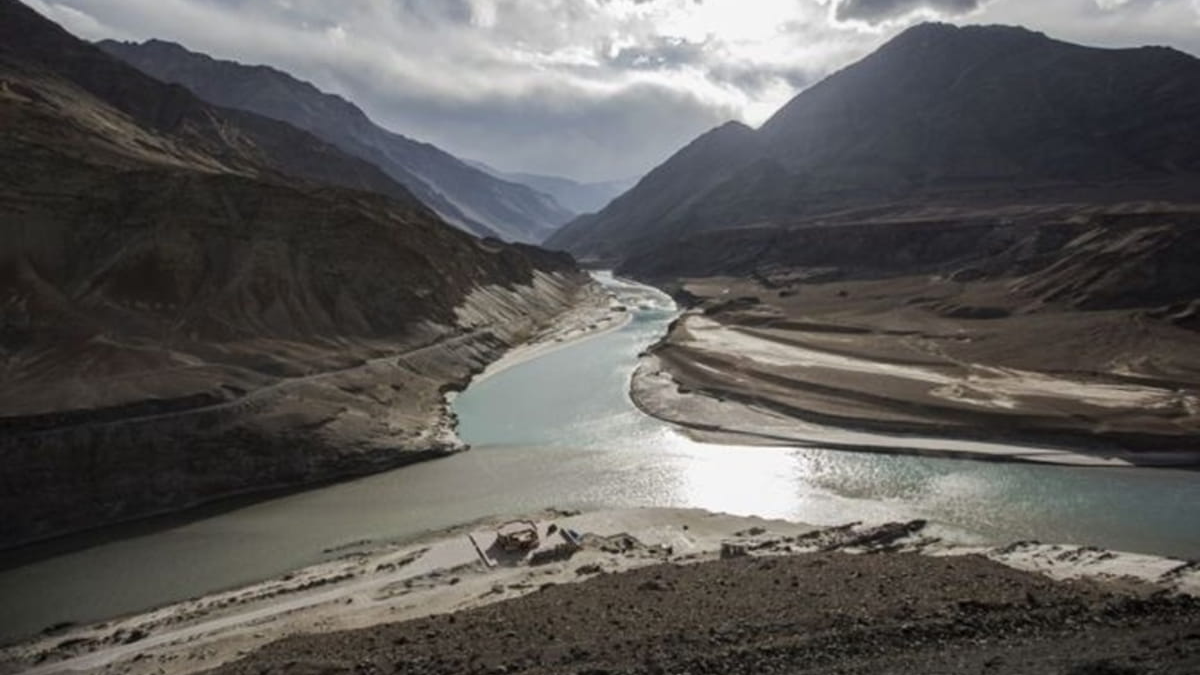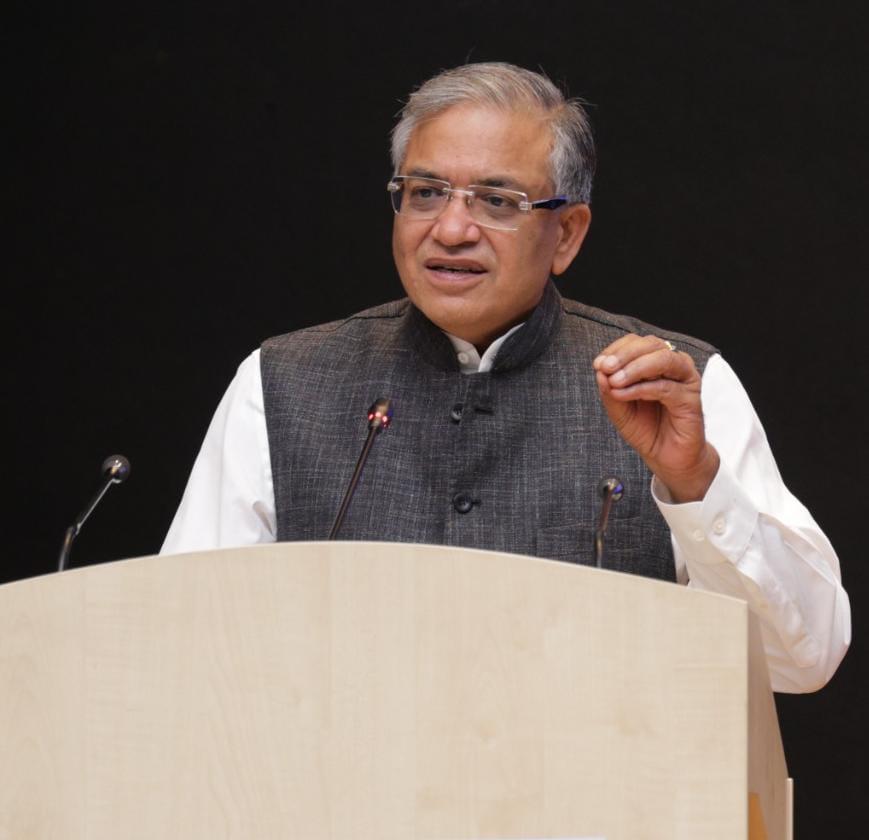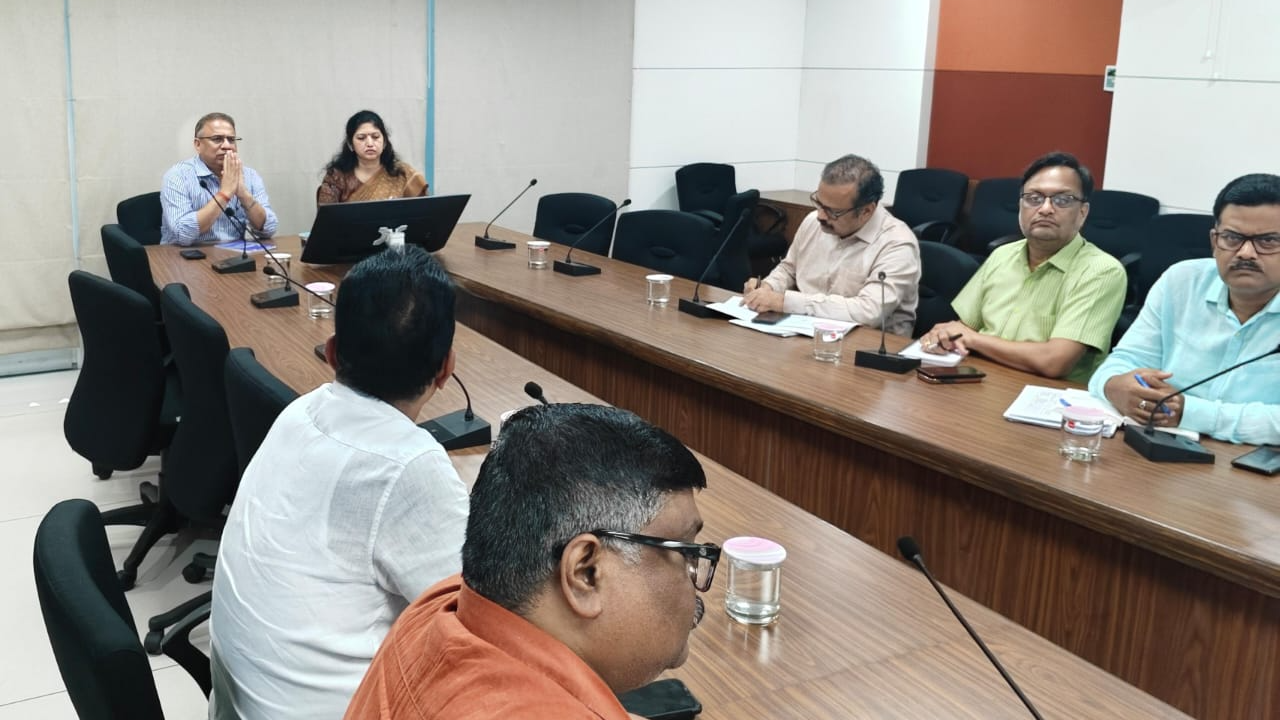Pakistan Confronts Deepening Water Crisis after IWT Suspension
Two months after India officially suspended the Indus Waters Treaty (IWT) in response to the Pahalgam terror attack, Pakistan is facing the tangible consequences. Water flows in its major rivers have dropped sharply, escalating into a serious resource crisis that is fueling aggressive political rhetoric and exposing decades of neglected water management by Islamabad.
A Tangible Drop in a Vital Lifeline
Data from Pakistan reveals a stark reality. As of June 20, water flows in the key agricultural provinces of Punjab and Sindh were down by nearly 20% compared to the same time last year. This drastic reduction is pushing the country toward a projected 21% water shortage for the crucial Kharif sowing season. Such a deficit threatens to devastate agricultural output, cripple hydroelectric power generation, and strain drinking water availability for millions, compounding the country's existing economic and political instability.
A Dual Response of Diplomacy and Belligerence
Islamabad's reaction has been twofold. On a formal level, Pakistan's water resources secretary has sent multiple letters to India's Jal Shakti Ministry, seeking a reversal of the IWT suspension. Publicly, however, the tone has been far more confrontational. Pakistan’s National Security Committee declared that any diversion of water would be considered an "Act of War." Prime Minister Shehbaz Sharif warned that he would "not allow the red line to be crossed," while former foreign minister Bilawal Bhutto-Zardari went further, stating that any move by India to block water would be seen as an "existential threat," leaving Pakistan with "no option but war."
A Moment of Internal Reckoning
Behind the saber-rattling, India's move has forced a painful moment of introspection within Pakistan. Prime Minister Sharif has publicly urged provinces to find ways to increase the country's water storage capacity and has called for expediting the long-stalled Diamer-Bhasha Dam project. This sudden urgency highlights a critical vulnerability: Pakistan's historic failure to invest in its own water infrastructure, including storage and irrigation systems, has left it dangerously exposed.
India's position remains firm, linking the treaty's suspension directly to cross-border terrorism, with Prime Minister Narendra Modi famously stating that "blood and water cannot flow together." Furthermore, New Delhi is proceeding with plans to build a 160-km tunnel to divert water from the Indus and Chenab rivers to the Beas, a move legally permissible under the treaty's current status. This indicates a long-term strategic shift, leaving Pakistan to grapple with a crisis that is as much about its own past inaction as it is about India's present resolve.




















































